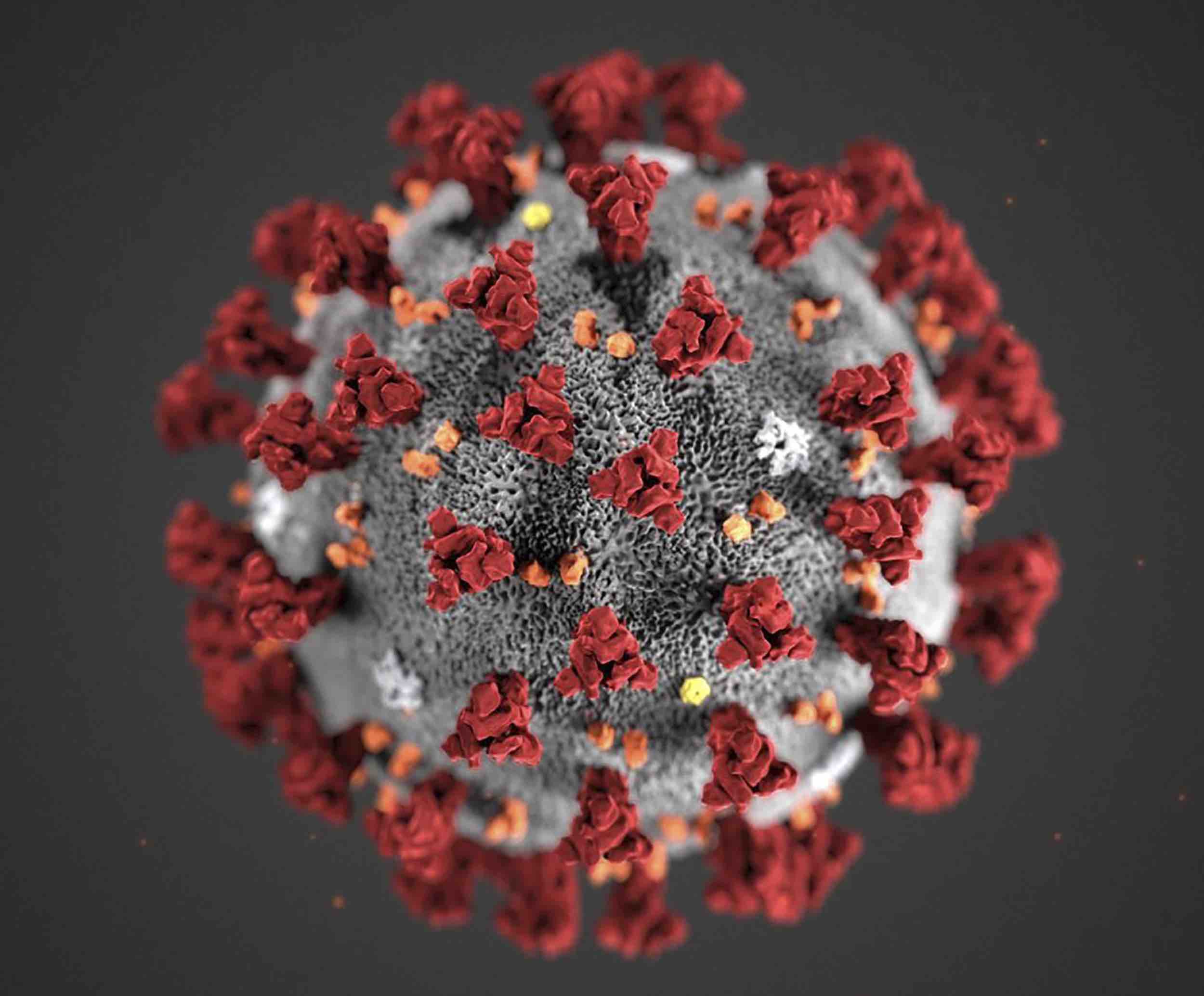European Commission Coordinated Economic Response To The COVID-19 Outbreak
Share on social media
COVID-19, commonly known as the Coronavirus, is a severe public health emergency for citizens, societies and economies. Having spread from China, the pandemic has now provoked infections in all Member States. The European Commission presents the Communication on COVID-19 Virus Response, with a list of measures to contain virus and mitigate effects on businesses, employment and tourism.
 Image of Corona virus under electron microscope
Image of Corona virus under electron microscope
Brussels, 13 March 2019. COVID-19, commonly known as the Coronavirus, is a severe public health emergency for citizens, societies and economies. Having spread from China, the pandemic has now provoked infections in all Member States. The European Commission presents the Communication on COVID-19 Virus Response, with a list of measures to contain virus and mitigate effects on businesses, employment and tourism.
Download the Communication in PDF format from the right-hand panel.
Excerpts:
"Only with solidarity and Europe-wide coordinated solutions, we will be able to effectively manage this public health emergency. We need solidarity between countries, regions, cities and citizens to contain the spread of the virus, help patients, and to counter the economic fall-out. This calls for a set of core measures and a consistent and clear common approach. Close cooperation among all relevant actors is key."
"This Communication outlines the Commission’s immediate response to mitigate the economic impact of COVID-19. While the described measures announced today deal with the most imminent challenges, we need to be conscious that the situation is evolving on a daily basis. The Commission will work closely together with the European Parliament, the Council, the European Investment Bank (EIB) and the Member States to implement these measures swiftly and stands ready to take all further initiatives as necessary. The Commission also supports an international response to address the global socio-economic consequences of the pandemic through the multilateral framework, with particular attention to partner countries with vulnerable health systems."
"In the face of the macro-economic and financial impact of COVID-19, the economic policy response should be taken boldly and in a coordinated manner in order to achieve the following objectives:
- Contribute to saving lives. Ensuring necessary supplies spending and investments in containing and treating the pandemic.
- Ensure that workers in Europe (including self-employed) are protected against income losses and that the most affected companies (especially SMEs) and sectors have the necessary support and financial liquidity.
- Mitigating the impact on the overall economy with all available EU tools and a flexible EU framework for Member States action used to its full."
Measures include actions in the areas of Supply of medical equipment, Transport and Tourism.
The Communication states:
"Pressure on the EU tourism industry is unprecedented. It is confronted with a considerable reduction in international arrivals (massive cancellations and drop in bookings for example from American, Chinese, Japanese, and South Korean travellers).
It is also impacted by the slow-down of intra-EU and domestic travel, notably due to the growing reluctance of EU citizens to travel and national and/or regional preventive safety measures.
SMEs in the sector are particularly affected by this general decrease of tourism and business travel.
The disruption in intra-EU and domestic travel (representing 87% of tourists arrivals) since end February is aggravating the situation.
The sector of Trade Fairs and congresses is particularly impacted with more than 220 events cancelled or postponed in Europe for the 1st quarter of 2020.
Other related sectors such as food and beverage services as well as education and cultural activities are also coming under increasing pressure by the COVID-19 outbreak and the efforts to contain its spread."
Economic measures
"In order to facilitate immediate relief to hard-hit SMEs, the EU budget will deploy its existing instruments in order to support them with liquidity, complementing measures taken at national level. EUR 1 billion will be made available from the EU budget as a guarantee to the European Investment Fund (EIF) in the coming weeks to support approximately EUR 8 billion of working capital financing and help at least 100,000 European SMEs and small mid-caps.
The support will be channelled through the existing instruments of the EIF Programmes that support investment. Lending will, within the limits of applicable legislation, be refocused to working capital loans with a maturity of 12 months or more. In particular, the loan guarantees under COSME – the EU programme for the Competitiveness of Small and Medium-Sized Enterprises – will be boosted, together with the InnovFin SME Guarantees under the Horizon 2020 programme, so that banks offer access to bridge financing to micro enterprises, SMEs and small mid-caps.
These instruments will be reinforced with €750 million through the European Fund for Strategic Investments (EFSI) in the coming weeks. In addition, as a further dedicated measure, EFSI will provide to the EIF another € 250 million to quickly roll-out support to SMEs in a concerted effort with EU National Promotional Banks and Institutions."
